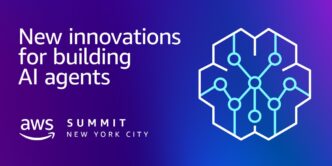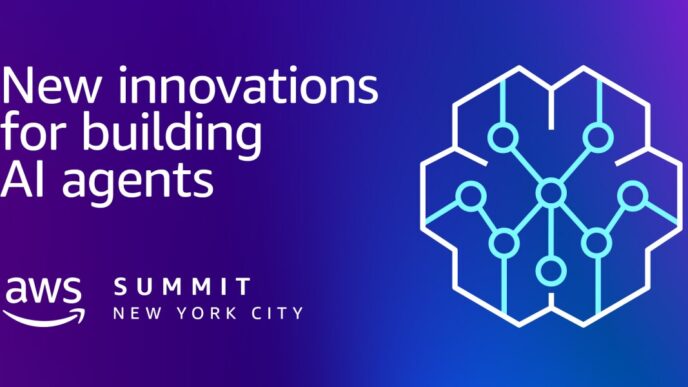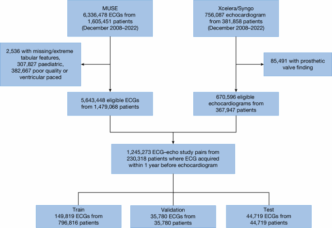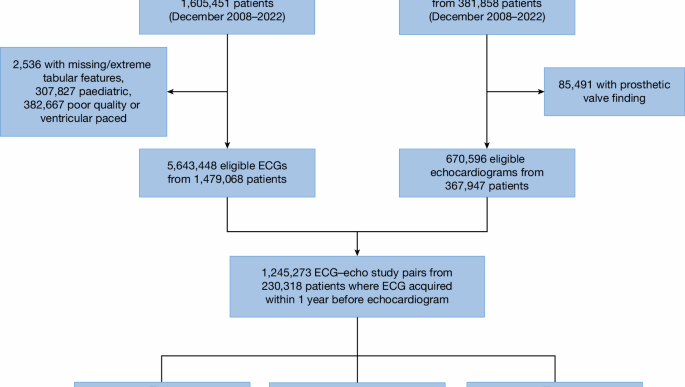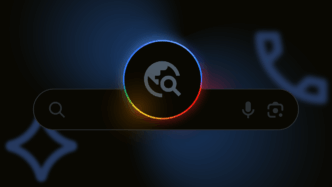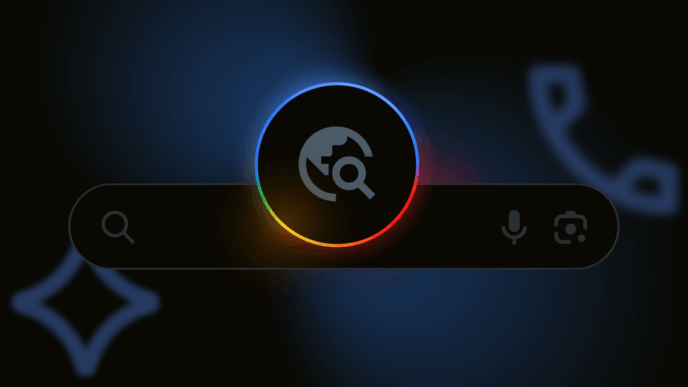University of Pittsburgh study finds generative AI shaking up student trust and relationships
A new study from University of Pittsburgh reveals how AI tools like ChatGPT, Gemini, and Claude aren’t just changing how students learn—they’re reshaping how students relate to professors and classmates.
The research team held focus groups with 95 undergrads in spring 2025. Most students have tried AI to help with assignments, especially when pressed for time or stuck. But many don’t start with AI; it’s a fallback.
Students praised AI for being judgment-free study help. One put it simply:
“With ChatGPT you can ask as many questions as you want and it’s not going to judge you.”
But using AI sparks guilt and shame for some. Concerns about ethics, environmental impact, and laziness linger. Others feel trapped by the AI future.
Distrust around AI use is rampant. Students say professors are often "very anti-ChatGPT" but give unclear rules on acceptable AI use.
Students report frustration with peers who lean on chatbots, especially in group work.
“I feel uncertain of what the expectations are,” one urban planning student said.
“It ends up being more work for me, because it’s not only me doing my work by myself, it’s me double checking yours,” added a political science major.
This suspicion isn’t limited to classmates. The study found rising anxiety about AI use is eroding trust between students and teachers.
Students worry about unfair grading advantages and baseless cheating accusations. Many avoid learning interactions, making the classroom feel tense and distant.
The study warns this could hurt academic engagement, which depends on good peer and faculty relationships.
The researchers suggest colleges push more in-person connections, encourage office hours, and create spaces where students and faculty mix informally.
They also want to move past the one-dimensional "students who use AI are cheaters" story. Instead, students are facing murky AI rules they didn’t choose.
This research highlights the urgent need for clearer AI policies and efforts to rebuild trust in classrooms as AI becomes part of daily learning.



